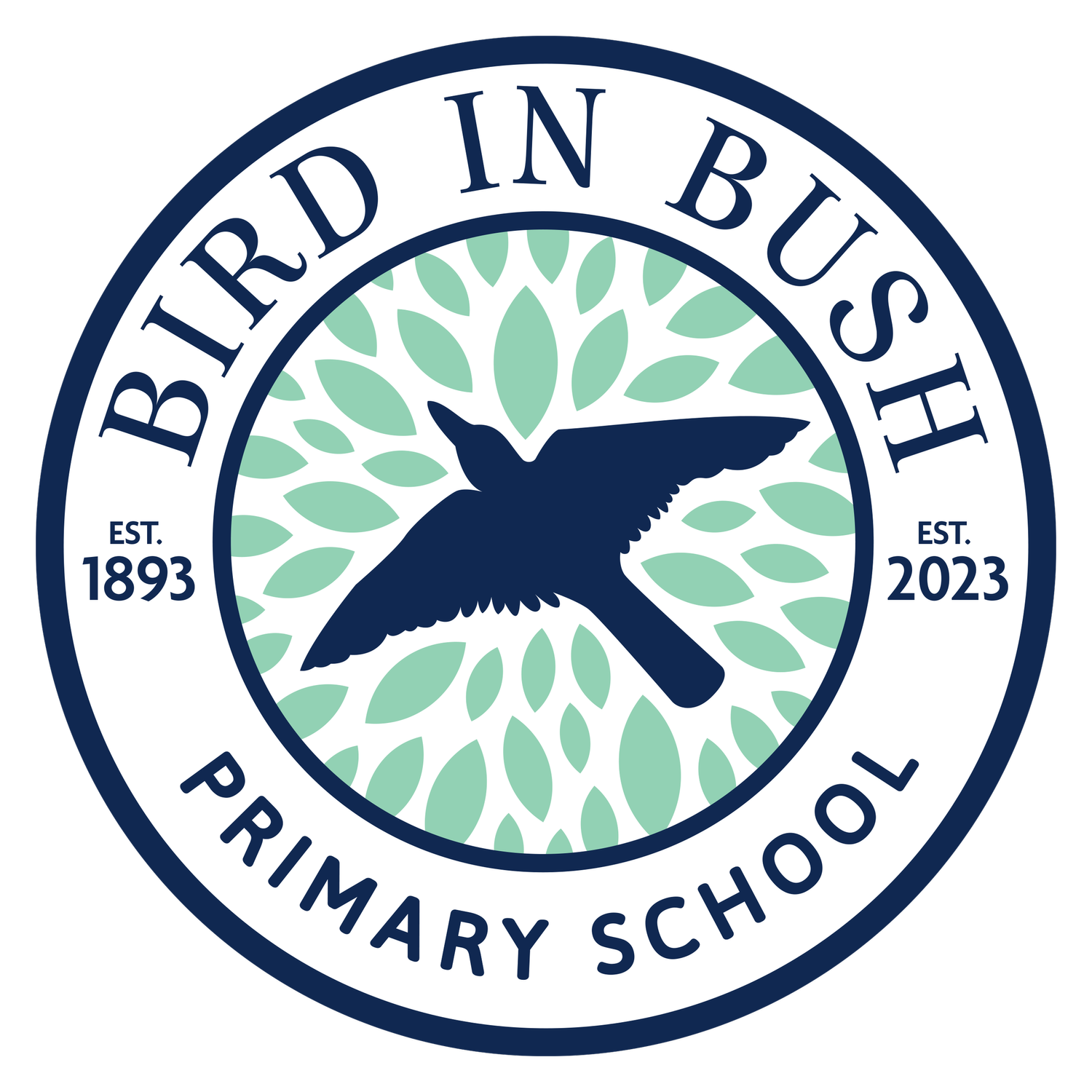Spanish
At Bird in Bush Primary School, our aim is to embed Spanish in our local community for the pupils to understand the purpose of learning a Modern Foreign Language. We follow the languages Spanish scheme to support our teaching.
Learning a new language is key to securing our positions in the global community we live in and by setting a starting point in our school, we can aim towards achieving this objective. The learning of a second language will help the children to be successful in their professional future and to feel included in the wider society. At this stage, our objective is to build children’s curiosity and to develop a passion for Spanish.
We provide the children with engaging and fun activities to develop their linguistics skills and build on their enthusiasm and engagement. This begins in EYFS with informal lessons and educational games all the way to KS2, where the pupils will start to demonstrate an understanding of basic grammar and listening skills.
Aims:
Pupils should be able to:
understand and respond to spoken and written language from a variety of authentic sources
speak with increasing confidence, fluency and spontaneity, finding ways of communicating what they want to say, including through discussion and asking questions, and continually improving the accuracy of their pronunciation and intonation
write at varying length, for different purposes and audiences, using the variety of grammatical structures that they have learnt
discover and develop an appreciation of a range of writing in the language studied.
The curriculum studied will provide our pupils with an appropriate balance of spoken and written language and laying the foundations for further foreign language teaching at key stage 3. It enables pupils to:
understand and communicate ideas, facts and feelings in speech and writing, focused on familiar and routine matters, using their knowledge of phonology, grammatical structures and vocabulary.
Pupils are taught to:
listen attentively to spoken language and show understanding by joining in and responding
explore the patterns and sounds of language through songs and rhymes and link the spelling, sound and meaning of words
engage in conversations; ask and answer questions; express opinions and respond to those of others; seek clarification and help
speak in sentences, using familiar vocabulary, phrases and basic language structures
develop accurate pronunciation and intonation so that others understand when they are reading aloud or using familiar words and phrases
present ideas and information orally to a range of audiences
read carefully and show understanding of words, phrases and simple writing
appreciate stories, songs, poems and rhymes in the language
broaden their vocabulary and develop their ability to understand new words that are introduced into familiar written material, including through using a dictionary
write phrases from memory, and adapt these to create new sentences, to express ideas clearly
describe people, places, things and actions orally and in writing
understand basic grammar appropriate to the language being studied, including: feminine, masculine forms and the conjugation of high-frequency verbs; key features and patterns of the language; how to apply these, for instance, to build sentences; and how these differ from or are similar to English.

